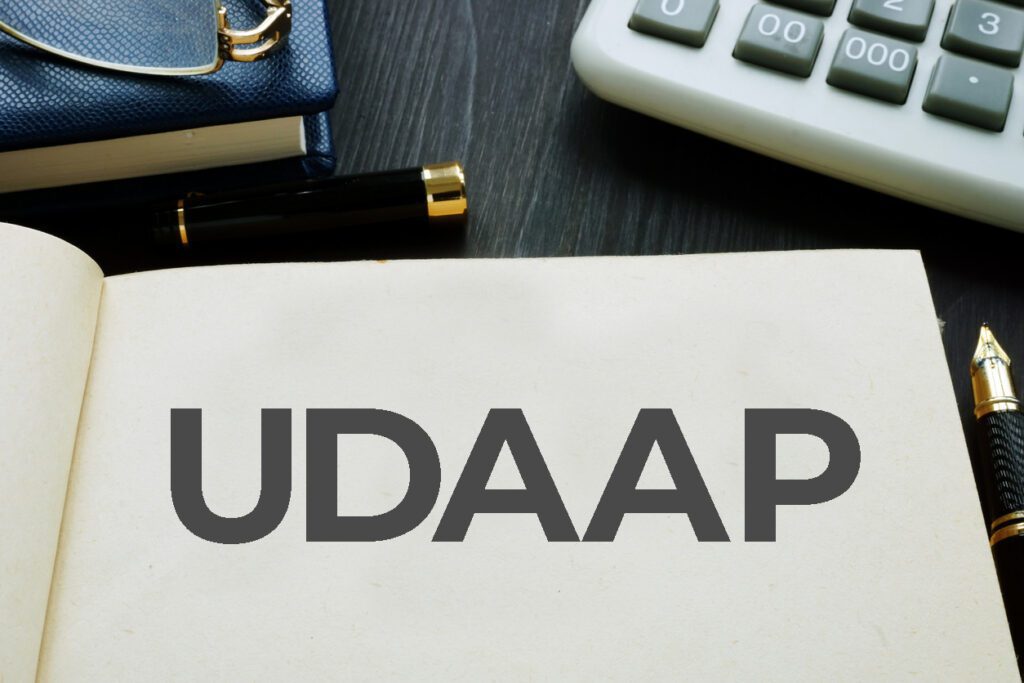
Providing the Insight and Clarity on ATR-QM Rules' Impact on Your Consumer Protection Strategy.
We provide advice to help your team originate loans in ways that comply with the latest ATR/QM rule.
Documenting applicants' ability to pay may seem straightforward. But sometimes, it can be challenging to fit real-life scenarios into a regulatory box.
The TCA team understands these challenges, the complex rules for validating and documenting ATR, and the new requirements for originating QM loans.
As a result, we can show you how to minimize your ATR/QM risk when originating mortgage loans.
We start by getting a complete picture of your operations to understand the QM and non-QM loans you offer and the business strategy behind that product mix.
We review your policies, procedures, and training during our exam and recommend modifications to create a more airtight compliance strategy.
For example, we scrutinize your underwriting practices, ensuring that you're considering all eight key factors, such as a prospective borrower's income and assets, debt-to-income ratio, and credit history, when determining someone's ability to repay a mortgage.
We also check that you're correctly using third-party records to verify borrowers' information and whether you're documenting your process sufficiently.
Through our exploration, your vulnerabilities become apparent, and whether your overall ATR/QM risk strategy is appropriate for your bank's size, location, and goals. Additionally, we also suggest improvements to help you address consumer protection laws.
Our review also entails the following:
- Checking whether you have a consistent way of calculating DTI ratios
- Determining how you preserve and track loan documentation for the required three years.
- Evaluating the effectiveness of your training and how you're keeping loan officers, loan processors, and board management up to date on the newest ATR/QM wrinkles.
- Assessing whether your monitoring schedule is sufficient
Our exam will give you confidence that you're complying with the letter of the law, ensuring that your policies and procedures illustrate that you're taking appropriate steps to determine borrowers' ability to repay a mortgage.
You can count on TCA's A Better Way to help you adhere to ATR/QM rules and reduce your risk.
Key deliverables include:
- Advising you on ways to revamp your policies and procedures to minimize your risk
- Validating that you’ve accurately documented your borrower’s Ability to Repay.
- Ensuring you have followed new Price-Based rules when originating Qualified Mortgages.
- Recommending and developing training and educational resources.
Additional Compliance Topics
A Refresh on Regulation B’s Special Purpose Credit Program
On April 26, 2022, Wolters Kluwer conducted a webinar “Special Purpose Credit Programs: Everything You Always Wanted to Know”. The speakers included: Patrice Ficklin, Fair Lending Director of the Consumer Financial Protection BureauPamela Perry, Vice President, Single-Family Equitable Housing, Freddie MacKenneth Scott, CitibankAnand Raman, Skadden Arps The speakers discussed the credit needs of individuals, especially […]
Regulatory Updates – Second Quarter 2022
Below is a link to the Regulatory Updates as of the end of Q2. TCA provides A Better Way for you to track Compliance updates and keep your organization on track. You can download the updates in a PDF form here. As always, TCA is here to help with A Better Way to answer all […]
Identifying Higher Risk Customers using Keyword Searches
Financial institutions are facing increased regulatory pressure on Customer Due Diligence (CDD) and Enhanced Due Diligence (EDD) procedures, particularly regarding inherently higher-risk customer types. CDD is critical to identifying and monitoring customers involved in higher-risk activities. Identification of higher-risk customers starts at account opening and your account opening procedures should incorporate this due diligence. Some […]
Regulatory Updates – First Quarter 2022
Below is a link to the Regulatory Updates as of the end of Q1. TCA provides A Better Way for you to track Compliance updates and keep your organization on track. You can download the updates in a PDF form here. As always, TCA is here to help with A Better Way to answer all […]
CFPB’s UDAAP Is Seriously Looking for Illegal Discrimination Practices
The Consumer Financial Protection Bureau (CFPB) announced on March 16, 2022, the added scrutiny of illegal discriminatory practices within its examination procedures for Unfair, Deceptive, Abusive Acts and Practices (UDAAP). The CFPB considers that illegal discrimination practices based on services or products can cause consumer harm; therefore, UDAAP should be included with the other Fair […]
Regulatory Updates – 2021
It’s challenging for every Compliance professional to stay on top of the small and big changes to existing and new regulatory requirements. As you partner in compliance, we are introducing a new feature to our Regulatory Compliance Manager (RCM) Service – Quarterly Regulatory Updates. This is A Better Way for you to keep track of […]









